Globally, 2-point -3 billion people lack basic sanitation services and in the least developed countries, only 27 percent of the population has a hand-washing facility with water and soap at home. Managing periods at home then becomes a major challenge for women and adolescent girls who lack these basic facilities at home.
That is according to UNICEF who is working with various groups to raise awareness about period poverty across the world. At the local level in Jamaica, similar steps are being taken.
While we do not yet have firm statistics in Jamaica on this issue, there are taboo surrounding periods that may be harmful to girls going through puberty. Research in the United Kingdom found that 49 percent of girls have missed an entire day of school due to their periods – and 59 percent have made up an excuse to avoid attending.
The figures appear to be on the increase in developing countries, and period poverty remains an issue.
However, menstrual health is not just a simple issue.
Some girls with special needs and disabilities as well as the homeless do not have access to the facilities and resources they need for proper menstrual hygiene and to manage their periods. Steps are now being taken to normalize menstruation and destroy taboos around the natural process.
Flow foundation has partnered with the sanitary company always to ensure that female students attending 14 selected secondary schools will receive the always feminine hygiene product for several months.
KHADIJAH THOMAS


